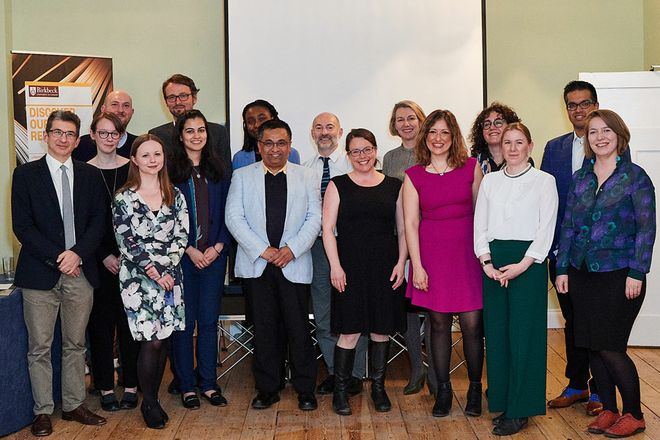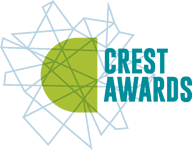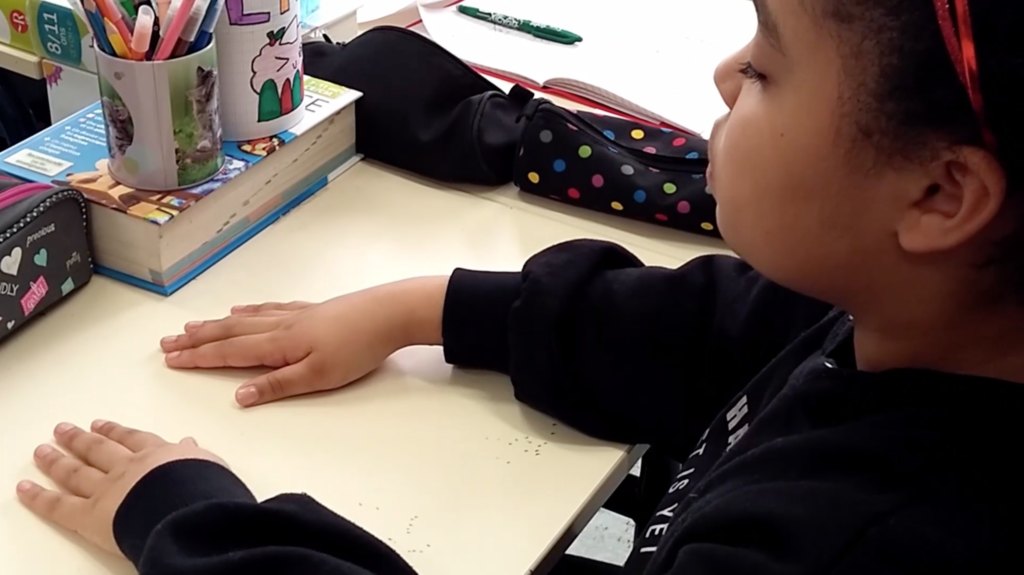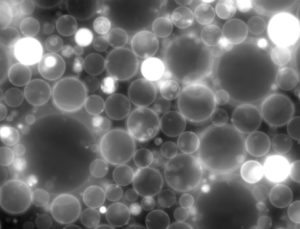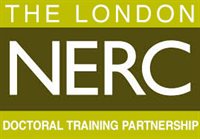Syncona PhD Scholarship 2021-2025
Syncona is a FTSE 250 healthcare company focused on creating global leaders in life sciences. We operate as a hands-on venture capital, working closely with world class scientists to found, build and scale companies with the aim of delivering transformational treatments to patients. We invest in all therapeutic modalities (e.g., small molecules, antibodies, nucleic acid therapies) and currently have 11 companies in our portfolio that are developing therapies to treat diseases such as cancer, neurological disorders, metabolic disorders and inherited diseases. In parallel to supporting our portfolio companies, we are also constantly looking for the next breakthroughs in science and medicine and remain actively engaged with the academic and clinician communities.
Overview
Syncona are offering one PhD scholarship available to students conducting their doctoral research within Life Sciences at an accredited UK university. The scholarships are aimed at those from a Black African, Black Caribbean or Mixed Black heritage to support diversifying the talent pipeline in the sector.
Offer
- Funding to cover
- PhD fees at the home / UK rate
- Maintenance stiped of £18,000 per annum for up to three years (£19,500 for Universities inside London)
- Materials, consumables and running expenses up to £3,000 per annum for up to three years
- Mentoring support from senior Syncona staff
- Pastoral support from a Windsor Fellowship Mentor
- Paid internship for six months with Syncona in the fourth year. This will include some dedicated time for writing up your PhD thesis if necessary.
- Windsor Fellowship Leadership Programme in the fourth year of the programme
Eligibility
- From a Black African, Black Caribbean or Mixed Black heritage
- Secured a Full Time PhD programme for 2021 entry within Life Sciences
- Have the right to work in the UK (Syncona will not be able to offer visa sponsorship)
Apply
- Complete an online application
- Stage 1 – Interview with the Windsor Fellowship between 12-14 July
- Stage 2 – Final interview with Syncona on either 22 or 23 July
- Stage 3 – Offers August 2021
If you have any questions about the opportunity please email scholarships@windsor-fellowship.org
Syncona Internship 2021
Syncona is a FTSE 250 healthcare company focused on creating global leaders in life sciences. We operate as a hands-on venture capital, working closely with world class scientists to found, build and scale companies with the aim of delivering transformational treatments to patients. We invest in all therapeutic modalities (e.g., small molecules, antibodies, nucleic acid therapies) and currently have 11 companies in our portfolio that are developing therapies to treat diseases such as cancer, neurological disorders, metabolic disorders and inherited retinal disorders. In parallel to supporting our portfolio companies, we are also constantly looking for the next breakthroughs in science and medicine and remain actively engaged with the academic and clinician communities.
Overview
During this internship, the individual will take part in Syncona’s full operating rhythm, attend internal meetings and be exposed to all new investment opportunities explored by the team. The individual will work closely with experienced members of the team to develop Syncona’s investment strategy in specific biological, technological and clinical areas of interest, as well as contribute to the diligence of active new opportunities. Examples of currently active opportunities include novel antibody-based therapies for auto-immune diseases, cell therapies for cancer and novel nucleic acid therapies for metabolic disorders.
Experience
We are looking for applicants who have a passion for science and a desire to learn, as well as be excited by the opportunity to contribute to the development of novel life changing therapies. Syncona operates in a very dynamic and demanding environment and the successful applicant will be expected to behave as a member of the Syncona team and collaborate with other members, be proactive, and be able to work independently. The intern will be paired with a Syncona team member who will be their buddy and provide guidance. We want to make sure that this experience is as fulfilling as possible and will therefore work with the individual to agree on the areas of focus prior to the beginning of the internship.
Location: London (Syncona office and/or remote, depending on COVID-19 restrictions)
Timing: 6 months full time, from August/September 2021
Salary: £34,000 p.a., (pro rata £17,000 for six months)
Eligibility
- From a Black African, Black Caribbean or Mixed Black heritage
- Have the right to work in the UK (Syncona will not be able to offer visa sponsorship)
- Doctorate degree graduate and excellent academic record in biological sciences or a related (sub-) discipline
- Ability to work independently
- Ability to work collaboratively in a team environment
- Strong verbal and written communication skills
- Enthusiasm, entrepreneurial drive and a genuine desire to learn
Apply
- Apply via online application form by Monday 5 July 2021 at 9am (BST)
- Shortlisted candidates will have an interview with the Windsor Fellowship between 12-14 July
- Final interview with Syncona on either 22 or 23 July
If you have any questions please email scholarships@windsor-fellowship.org

